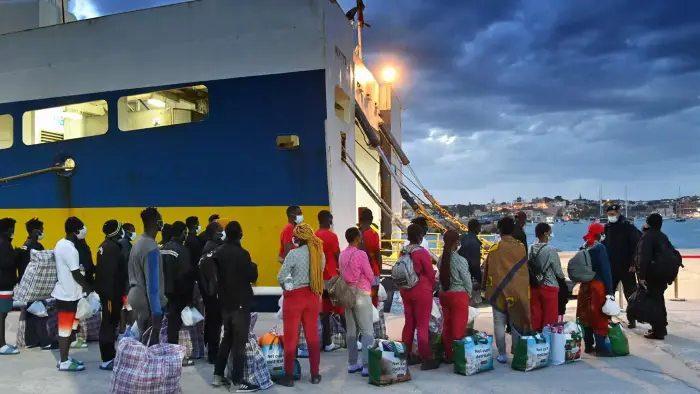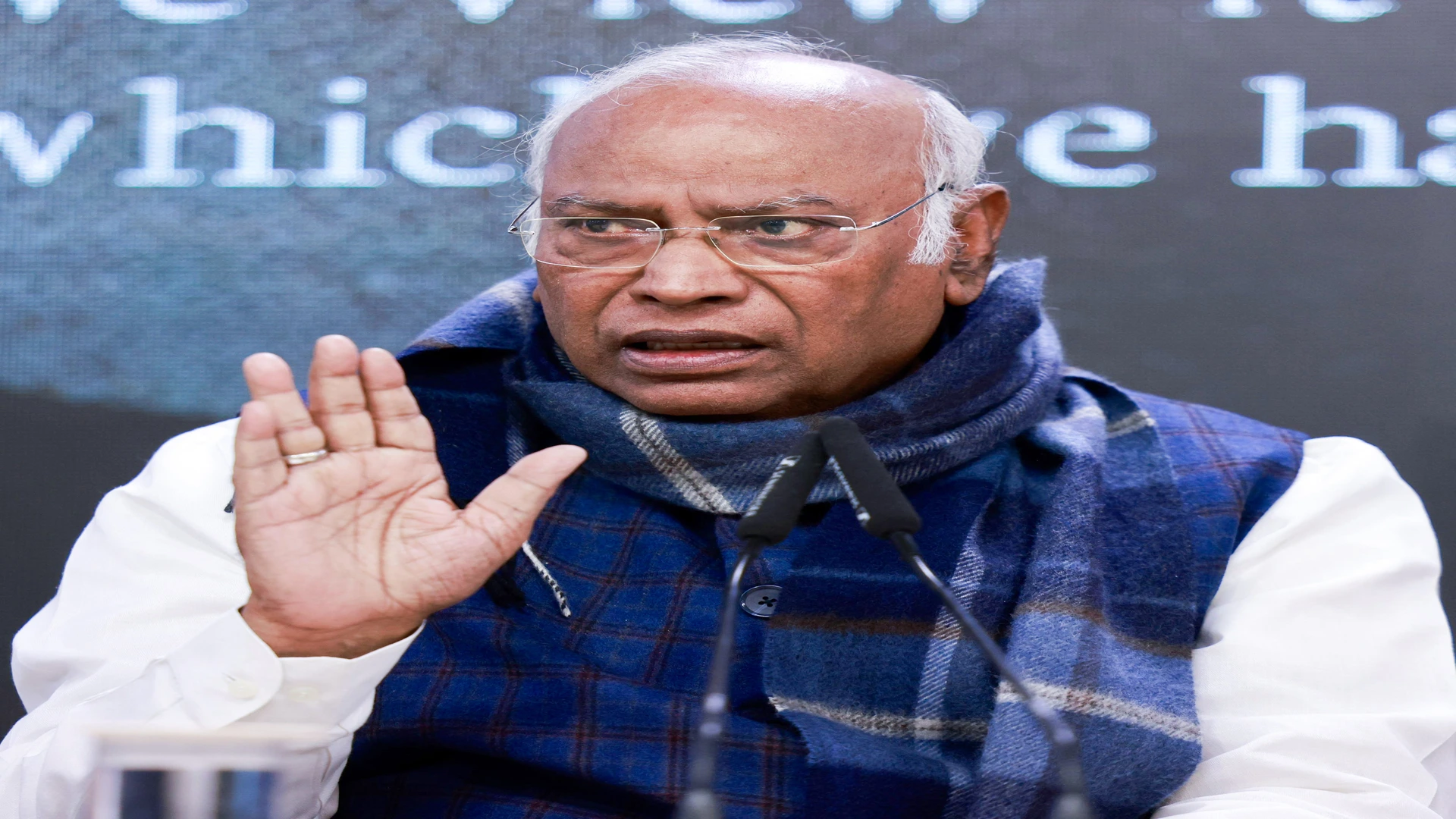Sweden has reported a historic shift in its migration trends, with the country experiencing negative net immigration for the first time in over half a century. This development follows a decade of increasingly restrictive asylum policies, culminating in the current Moderate-led government’s efforts supported by the far-right Sweden Democrats.
Key Developments:
Migration Statistics: Migration Minister Maria Malmer Stenergard announced earlier this month that asylum applications and related residence permits have reached historically low levels, and for the first time in 50 years, Sweden has a net outflow of immigrants.
Government Claims: Stenergard claimed this trend as evidence of the government’s successful immigration policies, suggesting that it was necessary for better integration and reducing social exclusion.
UNHCR Confirmation: The UN High Commissioner for Refugees (UNHCR) confirmed the trend, noting that despite a global displacement crisis, Sweden’s asylum numbers are at a historic low.
Public and Expert Reactions:
Criticism from the UNHCR: Annika Sandlund from the UNHCR warned that while the reduction in asylum seekers might appear positive from a policy perspective, it could have adverse effects on Sweden’s society, particularly given the country’s aging population and the crucial role immigrants play in the workforce.
Concerns Over Policy Impact: Asylum seeker aid organizations report increased fear and uncertainty among potential immigrants due to the restrictive policies, with some considering leaving Sweden or seeking asylum elsewhere. This fear is exacerbated by the proposed “snitch law,” which would require public sector workers to report undocumented individuals.
Government and Statistical Agency Discrepancies:
Statistics Discrepancies: While the Swedish national statistics agency SCB supported the government’s claim of negative net immigration between January and May, they noted that the actual figures might be lower. The agency’s recent efforts to update the population register could influence these statistics.
Historical Context: Tobias Hübinette, a senior lecturer in intercultural studies, described the shift from net immigration to net emigration as “totemic” and historically significant for Sweden, which has long been an immigration destination.
Broader Context:
Political Climate: The restrictive stance on immigration reflects the influence of the Sweden Democrats on the governing coalition. This policy shift has made Sweden less appealing to highly educated immigrants from countries such as Somalia, Iraq, and Syria.
Public Sentiment: There has been a notable increase in acceptance of restrictive asylum policies in Swedish society over the past decade. Opposition voices have diminished, and major political parties have largely embraced stringent measures.
Impact on Society:
Integration and Social Dynamics: The tightening of immigration policies and the resulting decrease in asylum applications are seen by some as detrimental to Sweden’s social fabric and integration efforts. The shift could impact Sweden’s demographic makeup and its ability to address labor shortages in the future.
This development marks a significant turning point in Sweden’s migration history and raises questions about the long-term implications for its society and economy.







